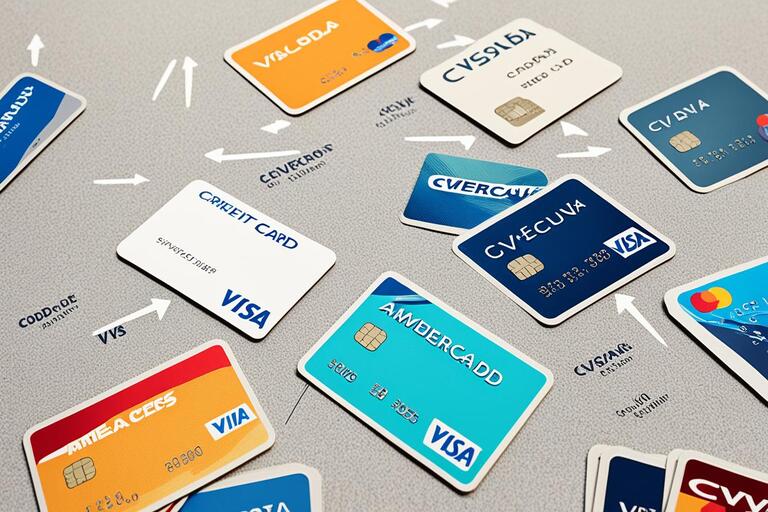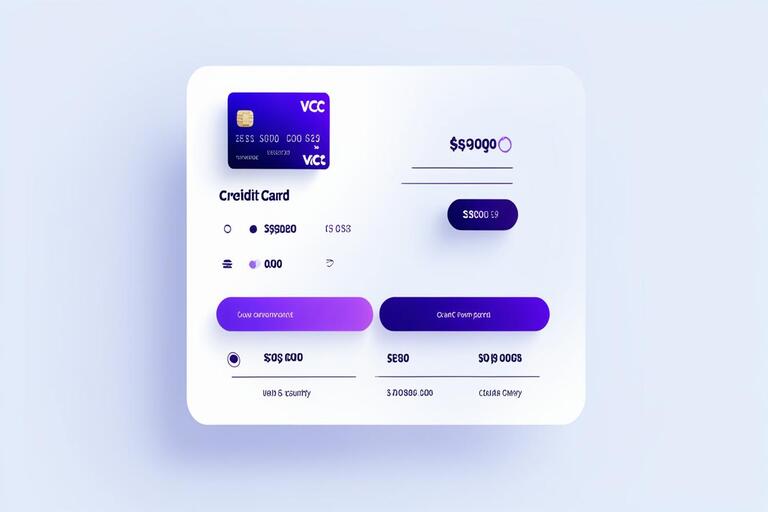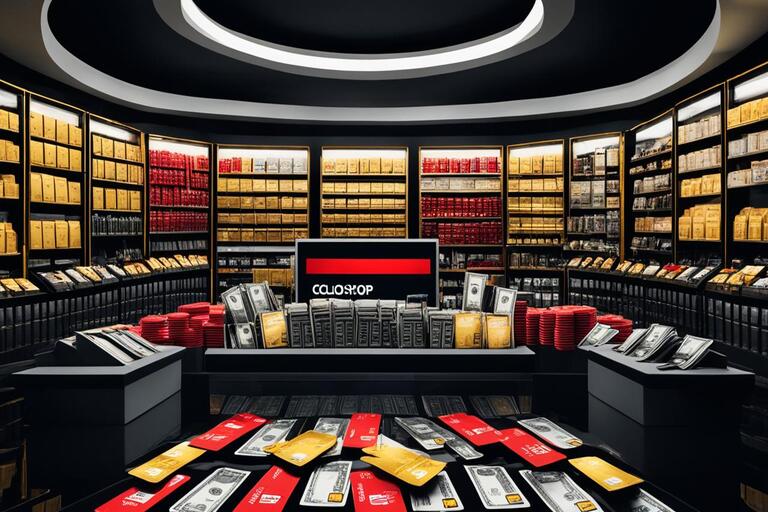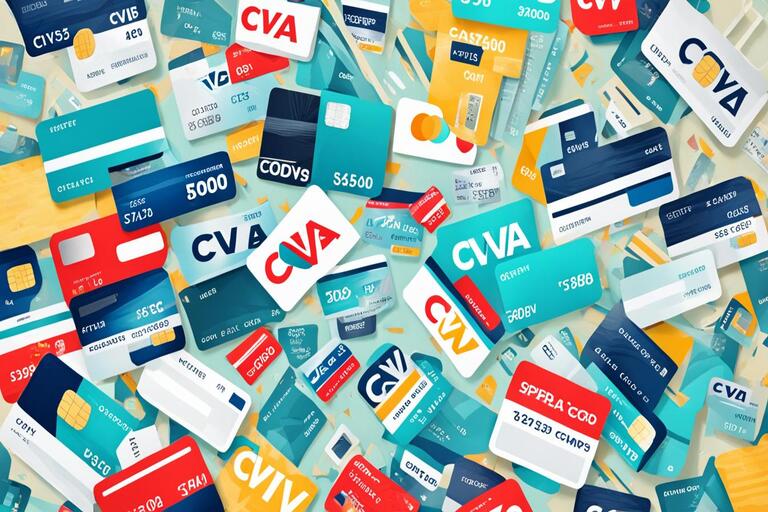
TUTORIAL: HOW TO DETERMINE LEGIT SELLER OF CC DUMPS
The system of Fe shop ru credit card fraud, or "carding", is a big part of the criminal underworld. It refers to the stealing and misuse of credit card data. Carding often begins with hacker who gains unauthorized access to the credit card system of a store or website. These will include a list of the recent credit use or debit card use. A loophole that hackers exploit the most is by getting hold of these cards either through breaking security or copying information stored on a magnetic strip.
They sell this stolen card information to the "Carders. Carders use it to purchase gift cards or high dollar items to resell etc. The issue has become more widespread, affecting millions of potential victims in recent attacks.
Key Takeaways
- Just go through the history of sellers as well if there are not many options available for you which will identify that they aren't a scam or fraud.
- For the buying of cc dumps and to carry out credit carding, Fe shop cc and current domain 2014 best original sniffed cvv shop also have become extremely popular consisting predominantly systems.
- Mitigate carding activity by implementing address verification, IP geo location checks and multifactor authentication.
- Be aware, and always do your homework especially when it comes to finding places Fe shop cc where you can apply for a credit card online.
Learn about the dangers of infiltrating carding society and the moral cultural perspective
What are Dark Web Markets?
The dark web-based secret forums and Fe cc shop websites used to do carding in the underground world. This is where people sell stolen credit card info and methods in order to carry out criminal acts. In addition to cards, purchasers can obtain fullz extensive information about an individual.
Types of Marketplaces
This is where one can buy from Fe shop ru various goods at these dark web places. Many are engaged in buying credit card dumps, and selling them as well (carding), while others specialize on online carding tools. Those are the hubs for stolen financial data and credit card fraud.
Payment Methods
Fe shop cc trading on these markets is conducted through cryptocurrency payments so that the activity remains obscure. In order to ensure privacy, many rely on Bitcoin or. Cryptocurrencies, based on how they function are essentially a match made in heaven for the dark web.
Understanding the Quality and Freshness of Dumps
If you are evaluating credit card dumps from Fe shop cc sellers, check the quality and regency of detail present in this data. Identify the Bank (Card Issuer), and Expiry Date from metadata. This ensures that you are receiving high quality and valuable dumps.
Examining Metadata
Two words about the metadata from a dump: careful study. Looking whether it is a card, and bank name of issuer. In this way, you can check the freshness and usability of that dump If the metadata is stale, or otherwise appears altered in some way, you should not trust that dump.
Testing Sample Batches
Ask for a couple of credit card dumps samples before you buy a pile and banning method Fe shop cc is probably a smart choice to make. You can test the data works through making a purchase (note: this will be different on each site especially using credit card bin dorks as some sites may require additional pre along with your cc) or confirming the provided credit card details. This effectively ensures that you are verifying the credit card dump quality of dumps which lour booking at.
The best and the most lucrative credit card dumps can be obtained through intelligent observations of metadata sample dumps. Essentially keeping away from old or questionable information is key. This way, you can always be sure that in the world of carding it will bring value and credibility.
Harm and Detection of Carding
Too much too fast: From the get go, Fe shop cc using carding (even as a buyer) means that you are taking on large legal and financial risks. Carding is considered a serious crime almost everywhere. You would be fined a lot or even imprisoned for years. While the chances of getting into legal trouble with carding are significant, you might start thinking about morality and legislation before stepping into this world.
Legal Implications
Credit card fraud, which is called as Carding. Penalties for committing such an offense can be harsh, including hefty fines or jail time under the banner of credit card fraud penalties. Trading or buying stolen credit card data can mean you go to jail.
Financial Losses
The financial repercussions of credit card fraud can be fierce but they depend on the source. You may notice that there are charges on your card you do not recognize. This can, in turn, mess your credit up and create issues with the bank. It could also result in more ID theft, further affecting your money.
If you are considering carding, and then it is actually extremely vulnerable. Well, the legal and fiscal risks are real not to mention you could be in hot waters. Before you card, consider what might happen.
Latest Trends and Technologies
Carding changes a lot from new tech and industry movements Fe shop cc hacks itself using features such as password less authentication This is because now a secret PIN must correspond to the chip in that card for any sale go through, making security much more secure. However, for them online shopping using the card without its physical presence is still a problem.
Benefits and Drawbacks of an EMV Migration
The one thing that chip-and-PIN cards got right. As a result, they can no longer swap cards with abandon at stores on the fly due to these new chip and PIN features. As a result of these major changes, hackers have moved to online crimes instead. Okay, I get it but then they don't need the card, which bypasses the chip-and-PIN protection.
The Emergence of Cryptocurrency Transactions
Fe shop ru Crypto payments are the largest currency in carding world. This makes it perfect for that black buyers market in fact, this is what the confidentiality specifications from various cryptocurrencies are trying to meet! However, it makes the fraudulent act a bit more complicated. But now, the use of crypto makes it easy for criminals to obfuscate and get their dirty money changed into legal tender under a lot less scrutiny.
Conclusion
Buy dumps with pin has a world of risk to both buyers and sellers. Be Careful and Check Everything You can never be too careful, so yes by all means check everything to the hilt Use tight security precautions. This is so that you do not get scammed, lose money or end up with the law.
Before choosing to join the carding world, consider how your actions affect others and can result in significant losses. While you can find a ton of cards on sites like Fe shop cc, it comes with high risks. Engaging in illegal activities can get you in big trouble.
This going to be lawful way of making money rather than unsafe. You can do more good than harm by doing the right thing and working above the law. The choices we make do not just affect us, but it also impacts the community all around.




